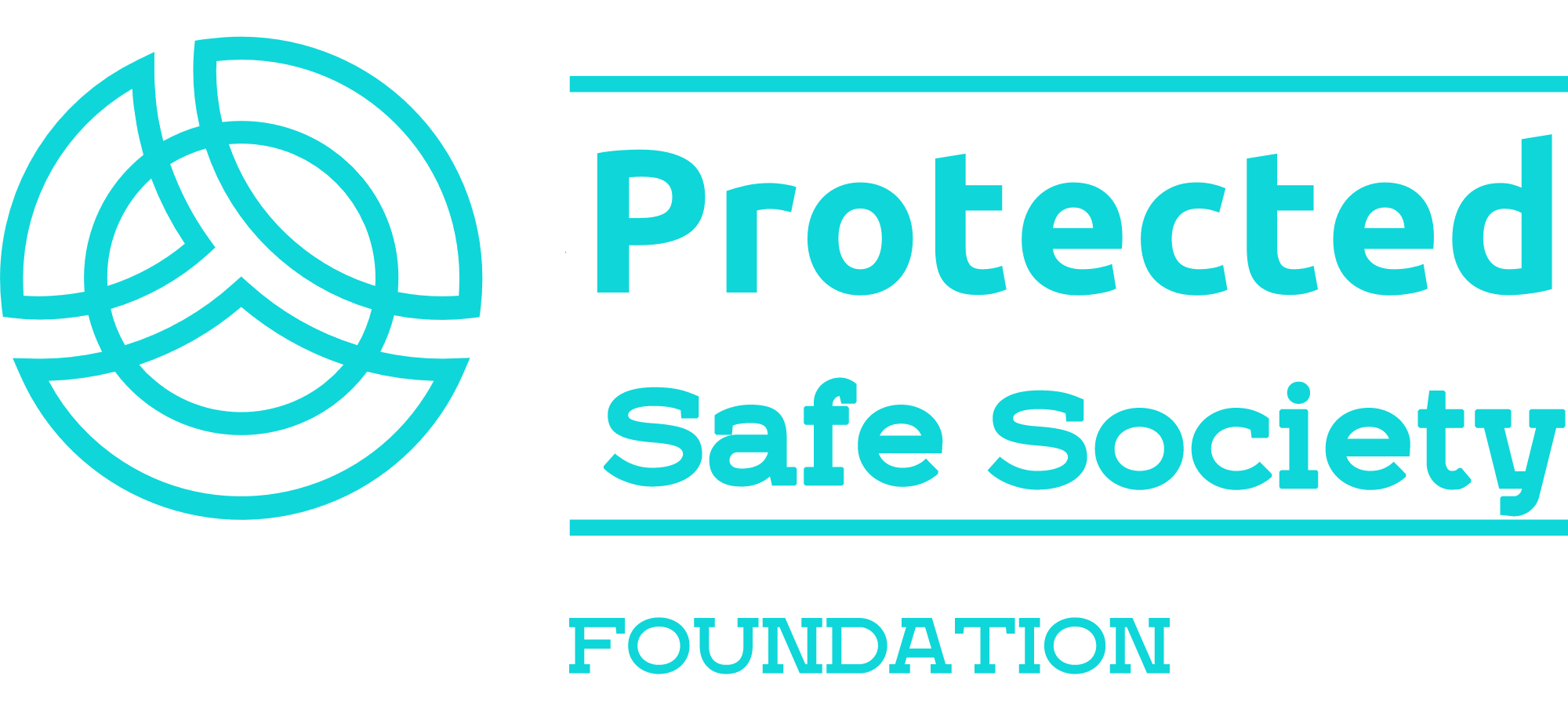While in theory only limited supranational competences could be beyond national borders, determined by member states, in reality we see that what were previously, very expressively, called directives are increasingly turning into imperial decrees. This happened for the greater glory of liberalism, pervertedly calling the attempt to completely dismantle local self-determination (national sovereignty) freedom and democracy. Some may refer to the quick transformation of the legal framework as a state of law, because, basing on woke ideology, only a good person can be someone who accepts that freedom is slavery; war is peace.
Previously, I have already stated that in the murky legal systems of the Middle Ages, only ecclesiastical law was mostly constant, coherent, and stable enough to lay the foundation for the early form of legal certainty. From Christian philosophy springs the concept of natural law, which can be considered an early counterpart to the rule of law, attributing the highest sovereignty to the divine created order, and consequently, stating that human-made laws are subjected to– and must comply with– the requirements of divine justice. Simply put, a written law cannot contradict the created order, as then that law is not valid law.
The latter statement is in stark contrast to woke ideology, the avowed goal of which is to flagrantly denounce the created order in order to grind down the foundations of our society until we no longer know what a family is, creating such chaos that– proving the extraordinary expressive power of the Hungarian language– we no longer know if we are boys or girls. Since the concept of social contract built upon Christian cultural roots closes the chaos of the state of nature described by Hobbes– in which humanity is unable, or only limitedly able, to enhance common goods through cooperation, instead, continuous competition, wars ruin the common good– there is a natural tendency for individuals uninterested in social welfare to fundamentally change the created order. In simpler terms, the peace of Pax Americana is owed not only to the military power of the United States, but also to the legal and social achievements stemming from Christian philosophy. The wars and crises of recent years, the migration crisis, have repeatedly provided opportunities to undermine these advancements.
After 2015, with the outbreak of the migration crisis, the right of national self-determination of small and large countries to mutual, partnership-based cooperation has been questioned. If a foreign power entity can question how a country wants to protect its culture or physical security within non-harmful frameworks, what prevents us from questioning the rights of the criticized country? This mandatory immigration, disguised as a directive behind the guise of woke do-goodism, poses a huge trap: if we rearrange the conditions of statehood from among the four basic conditions (permanent population, identifiable, defined geographical area, existence of a government exercising power over the population and territory, and the ability to interact with other states), what prevents interference in the other three?
Through all this, woke ideology is an excellent tool, as it maintains the appearance of non-interference between individual countries while actually shaping, or rather distorting their legal systems in the manner outlined above. The woke is everything but the rule of law.
The rule of law must ensure equal opportunities, not sociological homogeneity. Two illustrative examples:
1. There must be a defined concept of marriage in a rule of law, and it must be accessible to all individuals who meet the rules without discrimination. But it does not have to grant the right to marry to those who do not fit into the conceptual system of marriage. Another, similar status can of course be provided.
2. Every rule of law must guarantee employee rights, but not that less competent individuals should be entitled to employment on a minority basis. This undermines the principle of fair competition.
However, woke does the exact opposite, constantly retroactive, and/or by adversely affecting other societal groups, fragmenting society in this way, it grinds the legal system into fine pieces wherever it appears. This is why it is necessary to distinguish between the rule of law and the woke-state. And Brussels represents the latter.

![State surveillance procedure against everyone! [object Object]](https://protectedsociety.com/wp-content/uploads/2024/08/State-surveillance-procedure-against-everyone.jpg)


